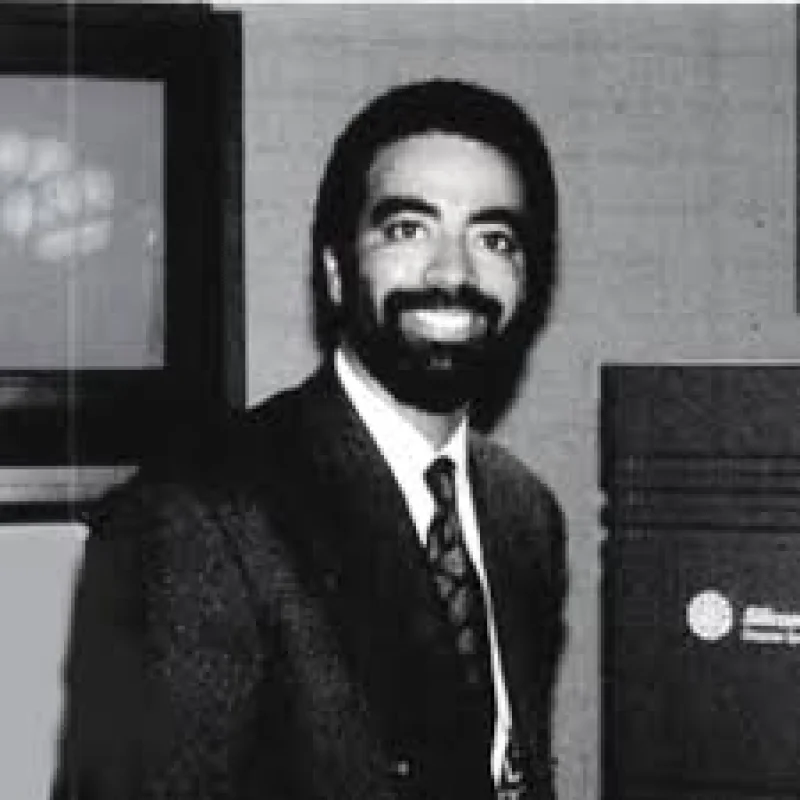Short Summary
Ibn Battuta was a Moroccan scholar and explorer who lived during the 14th century. He is renowned for his extensive travels covering some 75,000 miles, a distance unmatched by any other pre-modern traveler. His journeys took him across the Islamic world and beyond, chronicled in a travelogue known as the "Rihla." This work provides invaluable insights into the cultures and societies of the medieval world.
Early Life & Education
Born on February 24, 1304, in Tangier, Morocco, Ibn Battuta came from a family of Islamic legal scholars. His early education was steeped in Islamic jurisprudence, which later facilitated his travels as he served as a judge in various parts of the Muslim world. At the age of 21, he embarked on his first pilgrimage to Mecca, a journey that extended into a 29-year exploration of the world. His family background and education played pivotal roles in shaping his inquisitive nature and his ability to engage with diverse cultures.
Career Highlights
Ibn Battuta's travels began with his pilgrimage to Mecca in 1325. His journey extended across North Africa, the Middle East, Central Asia, India, Southeast Asia, and China. Throughout his travels, he held various positions such as a judge and advisor, notably in India under the Delhi Sultanate. His return to Morocco in 1354 marked the completion of his journeys, at which point he was commissioned by the Sultan of Morocco to document his experiences in a narrative known as "Rihla." This work remains a seminal document offering detailed descriptions of the 14th-century world.
Major Achievements
- Extensive Travels: Ibn Battuta traveled over 75,000 miles across Africa, Asia, and Europe.
- Rihla: Authored a comprehensive travelogue that provides detailed accounts of the medieval Islamic world.
- Diplomatic Engagements: Served as a judge and diplomat in various regions, facilitating cross-cultural exchanges.
Famous Quotes
- "Traveling—it leaves you speechless, then turns you into a storyteller."
- "He who does not travel does not know the value of men."
Interesting Facts
- He traveled for nearly 30 years, visiting over 40 modern countries.
- His journeys were initially motivated by a religious pilgrimage to Mecca.
- He was appointed qadi (judge) in the Maldives and later in India.
- He survived multiple shipwrecks during his travels.
- His travelogue was dictated to a scholar named Ibn Juzayy upon his return to Morocco.
Legacy / Influence
Ibn Battuta's legacy lies in his detailed travelogue, which has provided historians with invaluable insights into the geography, cultures, and societies of the medieval world. His accounts have helped bridge cultural understanding and have inspired subsequent generations of explorers and scholars. His work remains a vital resource for understanding the complexities of the 14th-century Islamic world and its interactions with other cultures.
FAQ
Q: Why is Ibn Battuta famous?
A: He is famous for his extensive travels and the detailed travelogue he authored, which documents the medieval world.
Q: How long did Ibn Battuta travel?
A: He traveled for nearly 30 years, covering over 75,000 miles.
Q: What is the "Rihla"?
A: The "Rihla" is the travelogue of Ibn Battuta, detailing his extensive journeys and observations.












